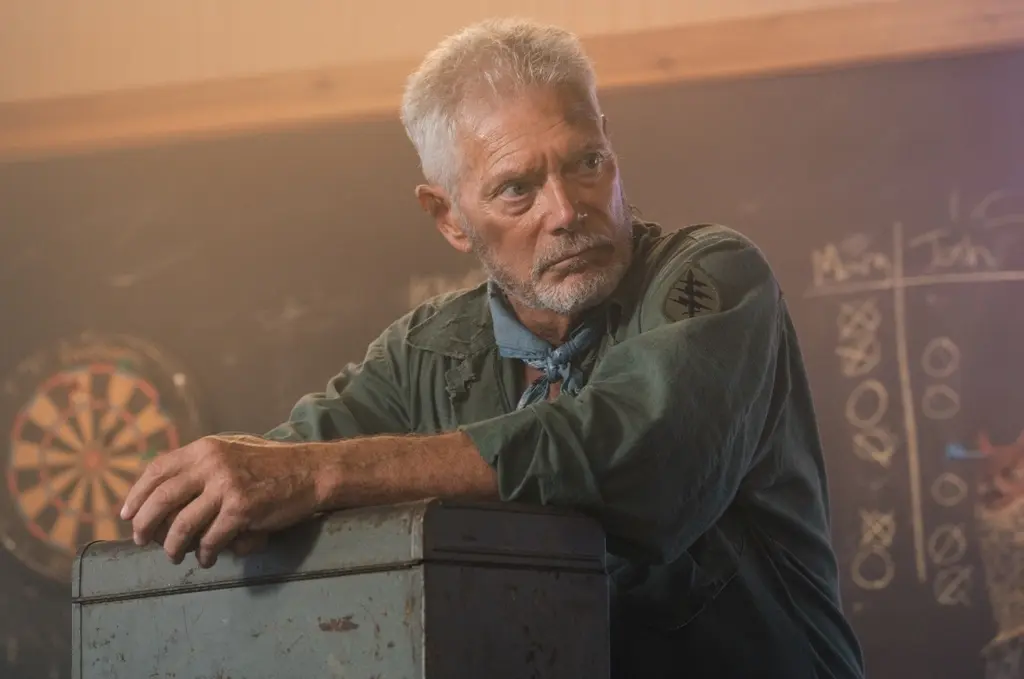R | 1h 44min | Crime, Mystery, Thriller, Action, Drama | 4 November 2022 (USA)
For close to a quarter century (1979–2002), Mel Gibson had the Midas touch. He starred in two blockbuster franchises (“Mad Max,” “Lethal Weapon”), high-end thrillers (“The Year of Living Dangerously,” “Payback,” “Ransom”), and multiple war dramas (“Gallipoli,” “The Patriot,” “We Were Soldiers”).





